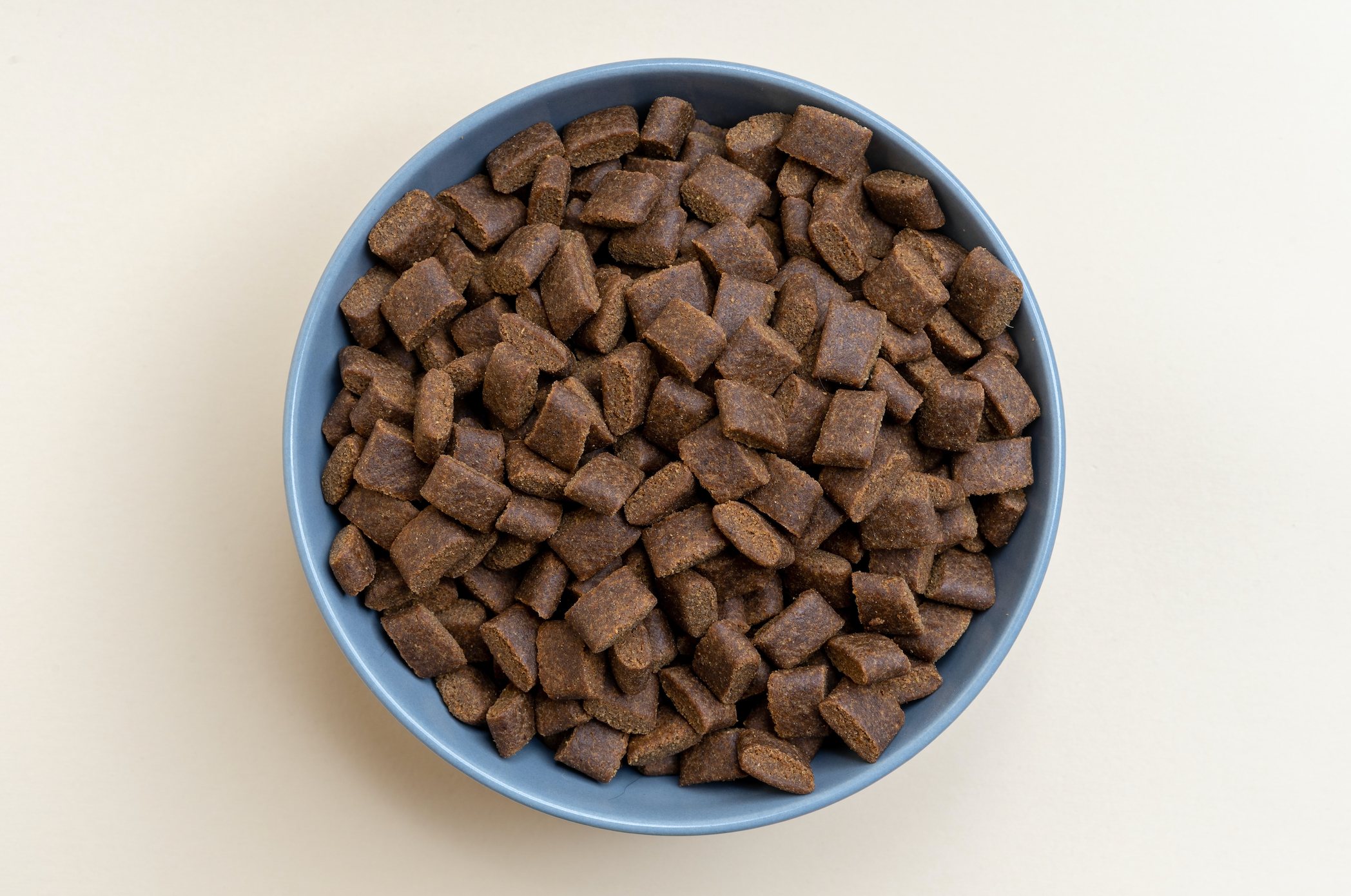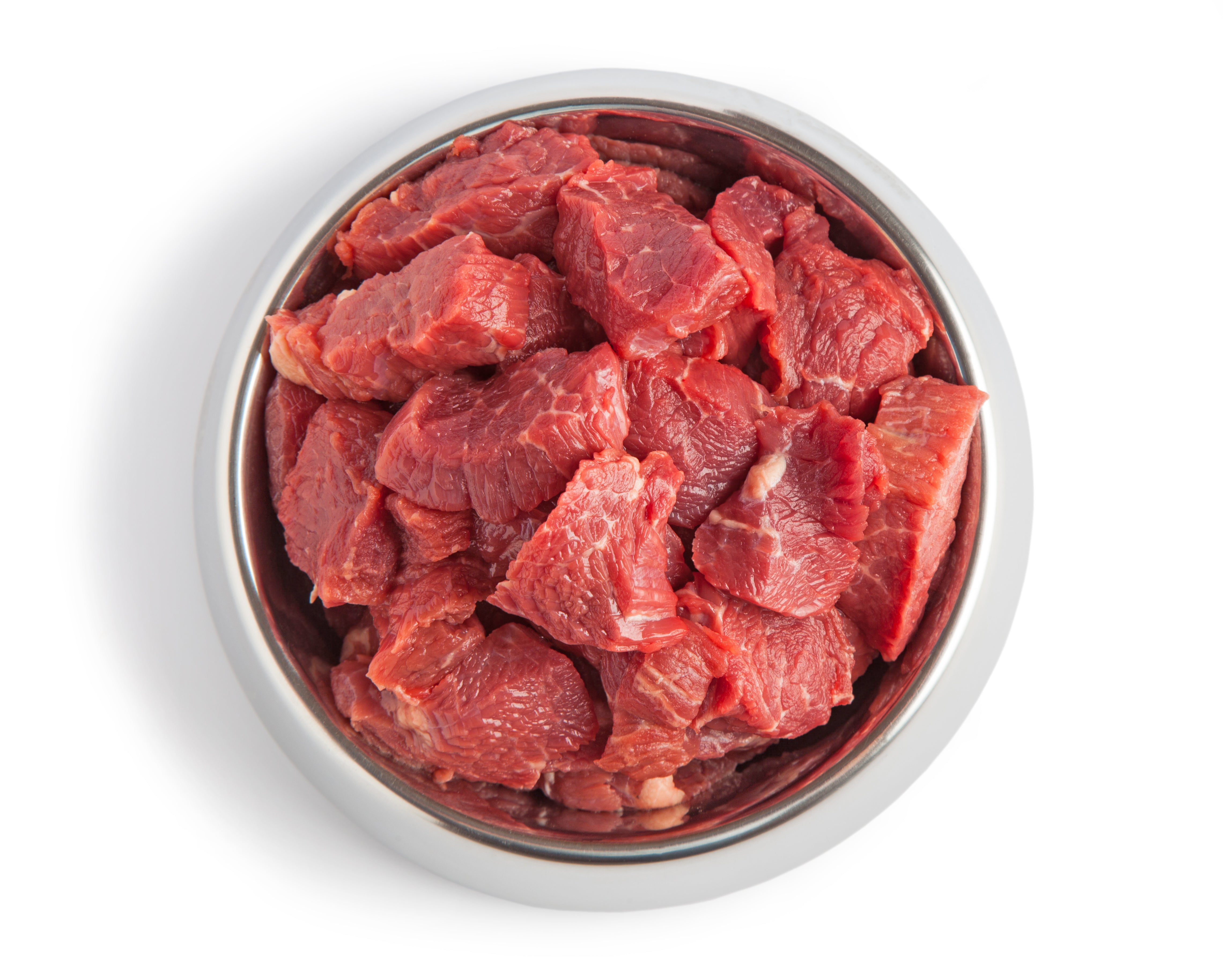Will Grain-Free Food Hurt Your Dog's Heart?

Cooking Up Controversy
In 2018 the FDA and various media platforms called out specific brands of dog food, linking them to the cause of Canine Dilated Cardiomyopathy (enlarged heart or DCM).
Good science told us this wasn't possible, yet the media and huge conglomerate dog food companies continuously villainized grain-free foods. Several companies were forced to shut their doors.
Two years of confusion and egg-shell walking ensued.
Finally, Some Clarity
In 2020 the FDA announced there is no link between any grain-free diet and DCM. Their announcement says that any breed can present with a DCM phenotype and there are many known causes including an inherited predisposition or another cause (viral, tick-borne, autoimmune, etc), but lack of grains in a canine diet is not one of them.
2 Major Problems with the FDA's Initial Statements
1. A lot of good employees in the pet industry lost their jobs, and a lot of potentially great companies lost ground.
2. Dogs across the country were made to go on very sub-par, corn-based diets, and unfortunately suffered the consequences.
Over the past few years, the amount of dogs that were switched to foods like Hills, Royal Canine, Purina, and Pedigree that then went on to become riddled with itchiness, ear infections, hair loss, inflammation, etc is mind numbing.
As our resident pet nutritionist, Samantha Henson sees the anarchy up close:
"Every week I'm seeing so many new patients now on prescription allergy meds (looking at you, Apoquel) just in order to eat a food that they are allergic or sensitive to and quite frankly, I lose sleep over it. It makes me sad thinking about what is happening inside these poor dogs' bodies when it never needed to in the first place."
The Right Nutrients
Regardless of whether the food is grain free or grain inclusive, a dog's diet must contain sufficient levels of meat protein rather than plant protein (i.e. rice, brewers rice, oats, hydrolyzed soy protein, wheat, corn gluten meal, etc.).
Meat protein is key to ensure proper levels of amino acids for your pet’s diet. This is a nutritional standard that has never and will never change.
It's also important to note that there are some truly unhealthy grain-free diets available as well. Terrible dog food comes in all forms. Know what your pet is eating - if you don't, please ask us here at Wild Biome. We are not paid by any food companies, and can therefore give unbiased information.
Let's Put This Controversy to Bed
Per the FDA report, “the American Veterinary Medical Association estimates that there are 77 million pet dogs in the United States. As of April 30, 2019, the FDA has received reports about 560 dogs diagnosed with DCM suspected to be linked to diet."
Tens of millions of dogs have been eating dog food without developing DCM.
That’s 560 dogs out of 72 million. Approximately one in four dogs will get cancer every year and nearly half of all dogs over ten will die from it. Now, that’s something to be concerned about, in comparison to the 0.000007% chance of DCM.
The brands associated with the increase in DCM are the most popular brands and not solely those available in the small, independent pet market.
Originally it was thought that exotic proteins were the issue, but the FDA reports that 75% were not exotic proteins but actually chicken (chicken itself is not the issue, just the most popular protein).
95% of the dogs were fed solely dry kibble and not rotated off any particular food, sometimes for years.
25% of the dogs are predisposed to getting DCM genetically.
This is an ongoing investigation and the FDA has based their statement on the data collected and analyzed thus far. The agency believes that the potential association between diet and DCM in dogs is a complex scientific issue that may involve multiple factors.
However you look at it, it's clear a grain-free diet is not a concern for DCM. You can be sure of that.



